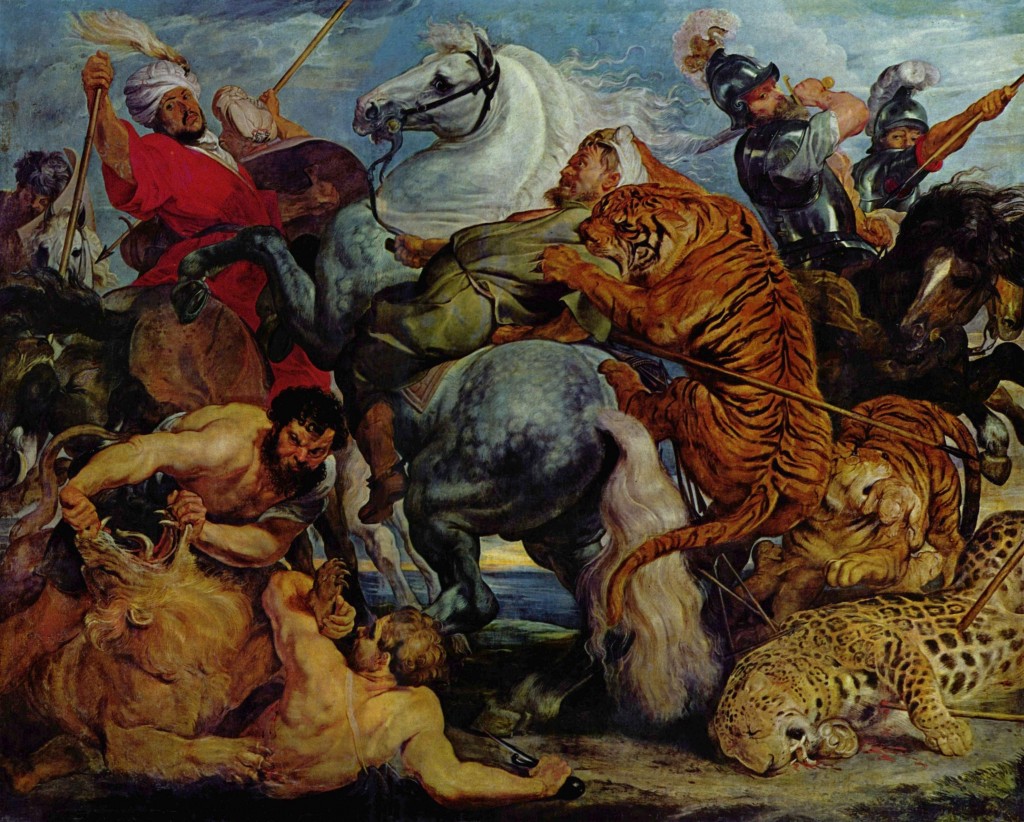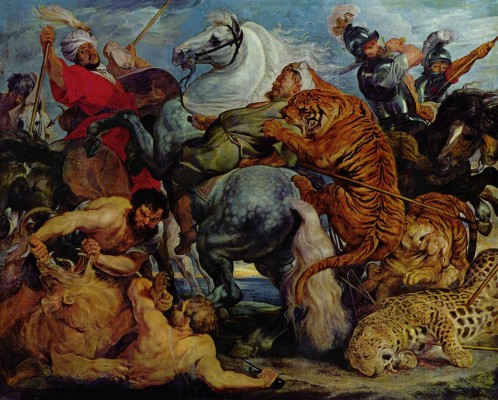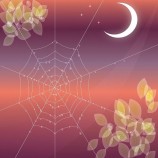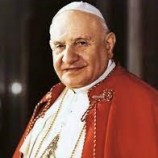To live, it is enough to have skill. To die, one must be an artist.
If the reader takes a look around, he will see that many people still go on living their lives, even when subject to the many difficulties surrounding the human condition, putting to use their own specific skillsets. These include creativity, imagination and—ultimately—the famous “Brazilian knack.”
It seems that this is enough for us to live, or to survive.
Dying is harder. Dying is an art. And I think most do not have that artistic bent and end up getting caught by death by surprise, dying a poorly died death, dying under protest, dying as victims.
I have a savory book on my shelf by Thomas Merton, a monk who became famous after his book “The Seven Storey Mountains”, which recounts the history of his conversion to Catholicism. The volume to which I refer, all scribbled over with notes, once belonged to a good friend of mine, José Teixeira de Oliveira.
Faced with a worsening case of pulmonary fibrosis, predicting that the end was approaching, he began to distribute among his closest friends some objects of his affection. It was a kind of inheritance he passed on, in the hope that we would take good care of his little treasures.
Another friend, a revered teacher in his country town, lacking of resources against cancer in his case, had a handbook for tourists visiting Greece lying on his shelf. He must have sought someone who could use the mini dictionary. Being that Greek is a language little known in these Anglophone times, the booklet ended up in my hands.
I could already see the signs that they were preparing for their definitive passing. And because they wanted to go free and light, they gave up all counterweights in advance, cutting any emotional ties that might hinder their Passover.
I also had the privilege of caring for the review and original preparation of the last two books written by the well-known Congressman Father Maciel Vidigal: “On the Horizon of Immortality” and “My Land and My People.” In the first book, the polyglot author compiles numerous quotations in foreign languages, including Latin. In one of the Latin passages, I identified a phrase that needed to be corrected. Father Vidigal frowned, disagreed at first and promised to check at home.
When he returned the following week, Vidigal agreed with the correction and gave me a beautiful treasure: nearly 1000 pages in volume, an old French-Latin dictionary with precious phrases from the classics and a treatise full of Latin versification. Between happy and puzzled, I asked the reason for such a present. I would only discover his reasons at a later time: Father Vidigal had also received the news from his cardiologist of the short time he had left. Following this event, he would still hand me down a few other volumes from his shelf, including a collection of Latin epigrams by John Owen. For years, Vidigal nurtured the project to have them translate, but there was just no more sand in his hourglass…
Soon it will be my turn. I ask God to grant me the same art and indicate to me the friends who will know how to care for my little treasures.
I believe that I will see my fellow companions once again on the other side. Undoubtedly, while immersed in the glory of God, we will not spend slivers of eternity on literature. But I don’t think anything will get in the way of us singing a few motets by J. S. Bach together…
Related Articles

















